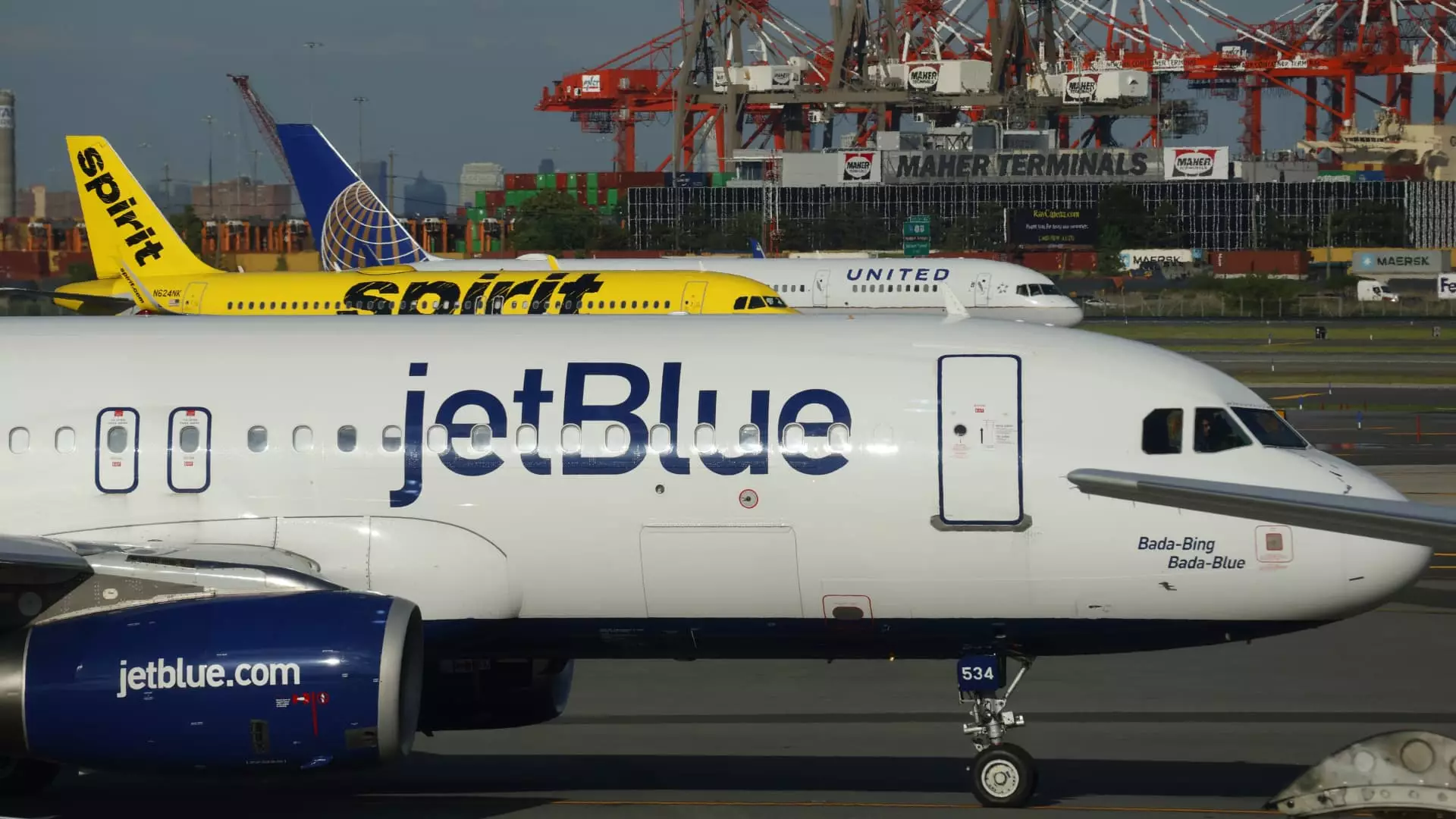Airlines in the industry that were once eager to expand their fleets with new aircraft are now facing the reality of cash constraints and the need for saving money to return to profitability. Low-cost and deep-discounter carriers are particularly feeling the pressure as they try to navigate the impacts of engine repairs and the overall financial strain on the industry. Amidst increased competition and reduced fares, airlines like Spirit Airlines, JetBlue Airways, and Frontier Airlines are re-evaluating their growth plans and postponing new aircraft deliveries to manage costs effectively.
Impact of Reduced Fares and Overcapacity
The oversupply of flights in the U.S. market has led to a decrease in fares, especially in the domestic sector where low-cost carriers are heavily concentrated. This surge in flights has put downward pressure on ticket prices, with fare-tracker Hopper estimating an 8% decrease in roundtrip domestic flights from last year. The dilemma of oversupply has prompted airlines to reconsider their capacity and streamline their growth strategies amidst declining revenues and escalating costs.
Frontier Airlines CEO, Barry Biffle, highlighted the challenges faced by airlines due to years of aircraft delivery delays, leading to a buildup of orders that necessitates a more gradual approach to fleet expansion. Frontier’s decision to defer 54 Airbus aircraft deliveries until at least 2029 reflects a broader trend in the industry of slowing down growth plans to align with market conditions. JetBlue Airways is also opting to delay the receipt of 44 Airbus A321 airplanes, aiming to save $3 billion through 2029 and mitigate the impact of grounded jets linked to a Pratt & Whitney engine recall.
Airlines like Spirit Airlines, which reported deep losses and a significant decline in revenue, have resorted to deferring Airbus aircraft orders as part of their turnaround efforts. The decision to defer deliveries until 2030 underscores the financial challenges faced by the carrier in the wake of the engine recall crisis. For low-cost carriers, finding a balance between fleet expansion and cost-saving measures remains a critical priority to weather the uncertainties in the market.
Boeing and Airbus, the main suppliers of commercial aircraft, are grappling with production constraints and skilled worker shortages, limiting their ability to meet the demand for new fuel-efficient planes. Despite the deferrals in aircraft orders from budget airlines, the overall industry dynamics reflect a scarcity mindset, with lease rates for new Airbus and Boeing aircraft hitting record levels. While both manufacturers have a substantial order backlog, airlines are faced with the challenge of optimizing fleet decisions and managing costs effectively.
Airlines are reassessing their growth strategies and fleet plans in response to delayed aircraft deliveries, with a focus on mitigating cost pressures and streamlining operations. Southwest Airlines CFO, Tammy Romo, emphasized the need to address overstaffing related to Boeing delivery delays, highlighting the urgency in managing cost pressures and enhancing operational efficiency. As airlines navigate the challenges posed by the current market conditions, strategic decision-making and flexibility in fleet planning are crucial to ensuring long-term sustainability and profitability.

